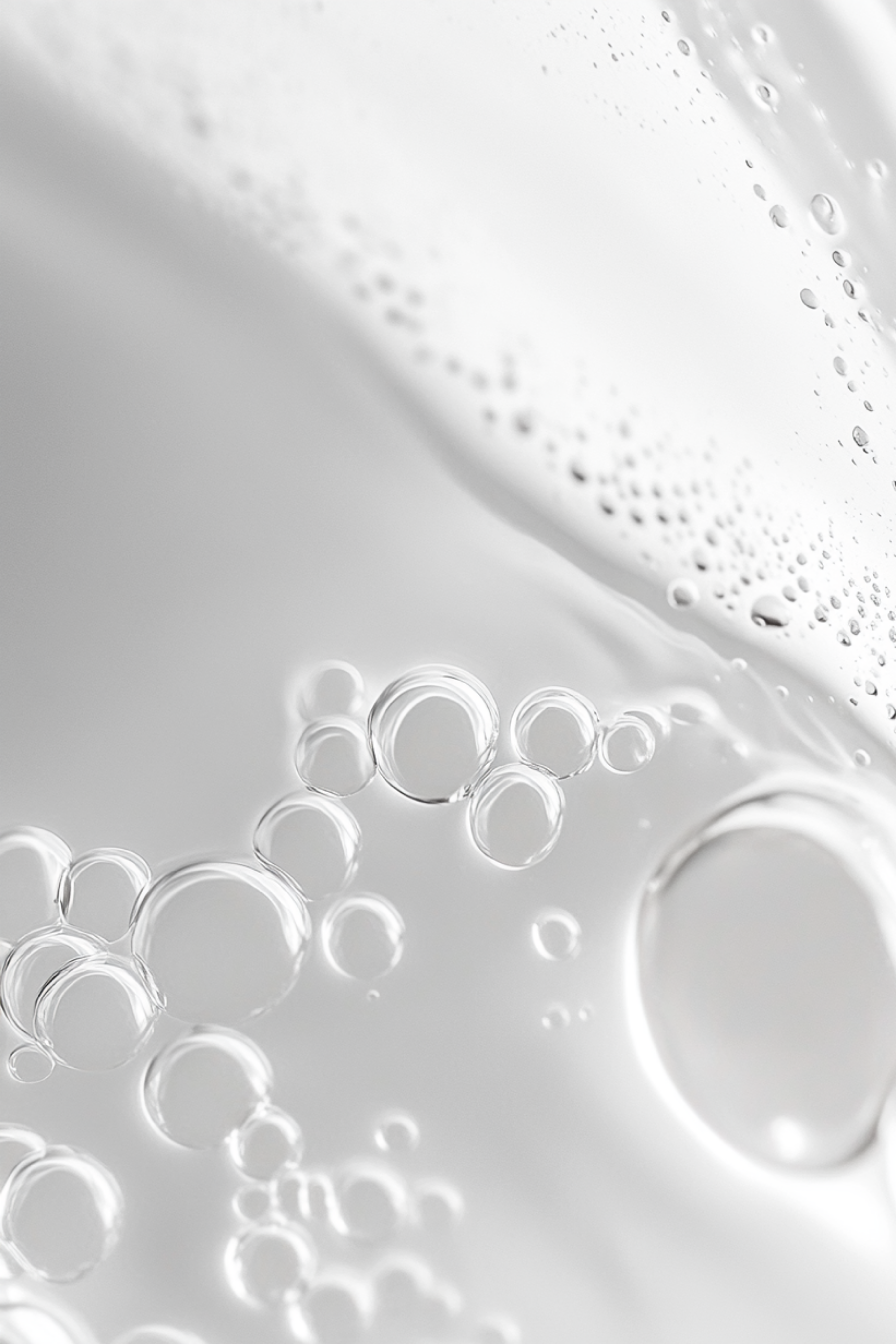With the arrival of warmer weather, it's essential to ensure your skincare routine is compatible with sun exposure. Indeed, certain ingredients can be harmful to skin exposed to the sun for prolonged periods of time and without protection. Discover the active ingredients to avoid this summer.
What is photosensitization?
During summer or very sunny periods, the application of certain active ingredients can lead to skin weakening and skin reactions such as itching, irritation, redness, or even burns. This is called photosensitization. Triggered by sunlight, it results from the encounter between ultraviolet rays and a sensitizing substance present on the surface of the skin. The epidermis then becomes more vulnerable to the rays. Photosensitization affects all phototypes and is not without aesthetic risk because it can leave brown spots or other pigment irregularities on the face.
Active ingredients to avoid when exposed to the sun
Retinol
A form of vitamin A, retinol is a key anti-wrinkle ally. This powerful antioxidant helps fight skin aging. It helps smooth the skin and brightens the complexion. Its keratolytic action rids the skin's surface of dead cells and boosts cell renewal. At the same time, it refines the epidermis, making it more sensitive to the sun's rays. To limit photosensitization, it is recommended to apply retinol in the evening before bed. This is why the 10-Day Wrinkle Radiance Smooth Treatment offers 10 ampoules of pure hyaluronic acid to be used during the day to plump and intensely rehydrate the skin; and 10 ampoules of pure retinol to be used at night to deeply renovate the epidermis.
AHAs and BHAs
AHAs (glycolic acid and malic, tartaric, and citric fruit acids) and BHAs (salicylic acid) are excellent exfoliants for the skin. They help even out skin tone, dissolve impurities accumulated on the skin's surface, and limit excess sebum. In compensation, they temporarily expose the skin's shield, leaving it at the mercy of UV rays, which then penetrate the skin more easily and more deeply in the event of sun exposure. It is therefore best to avoid exfoliating with AHAs and BHAs during vacations and the summer months, and to use them again at the start of the school year to limit imperfections in the rebound effect and maintain facial radiance.
Additionally, when exposed to the sun, the skin thickens slightly to protect itself from the sun's rays. Exfoliating thins the stratum corneum and, at the same time, reduces the natural barrier it has created against the harmful effects of the sun.
Some essential oils
Be careful, some essential oils are also photosensitizing. Used in skincare formulas for their unusual properties or for fragrance, they can increase the skin's sensitivity to sunlight. Generally speaking, it is best not to use any essential oils containing furocoumarins before sun exposure. This photosensitive agent combines with the DNA of keratinocytes, cells present on the surface of the skin, and absorbs UV rays, which can cause significant damage to the face. Essential oils containing furocoumarins include those from the citrus family such as bergamot, orange, grapefruit, and lemon, as well as verbena, angelica, and celery. Sometimes, these essential oils are available without furocoumarins in certain specialty stores. In this case, it is still recommended not to expose yourself immediately after applying them.
How to expose yourself with complete peace of mind?
Tanning with peace of mind and safety is possible! In addition to avoiding photosensitizing active ingredients before exposure, simply follow a few simple rules:
• Apply protection before sun exposure and then every two hours. Choose an SPF suited to your skin type and choose the texture you like best. To meet all your skin's needs, Payot's Sunny range offers a complete palette of ultra-sensory formulations and sunscreens.
• Avoid exposure during the hottest hours of the day, such as lunchtime.
• Wear a hat or cap to protect your head from the risk of sunstroke and remember to drink water regularly.
• Apply an after-sun treatment after exposure to refresh your overheated skin and combat dryness and dehydration of the skin linked to ultraviolet rays.
• Avoid applying a treatment containing alcohol before sun exposure as it is photosensitizing.

